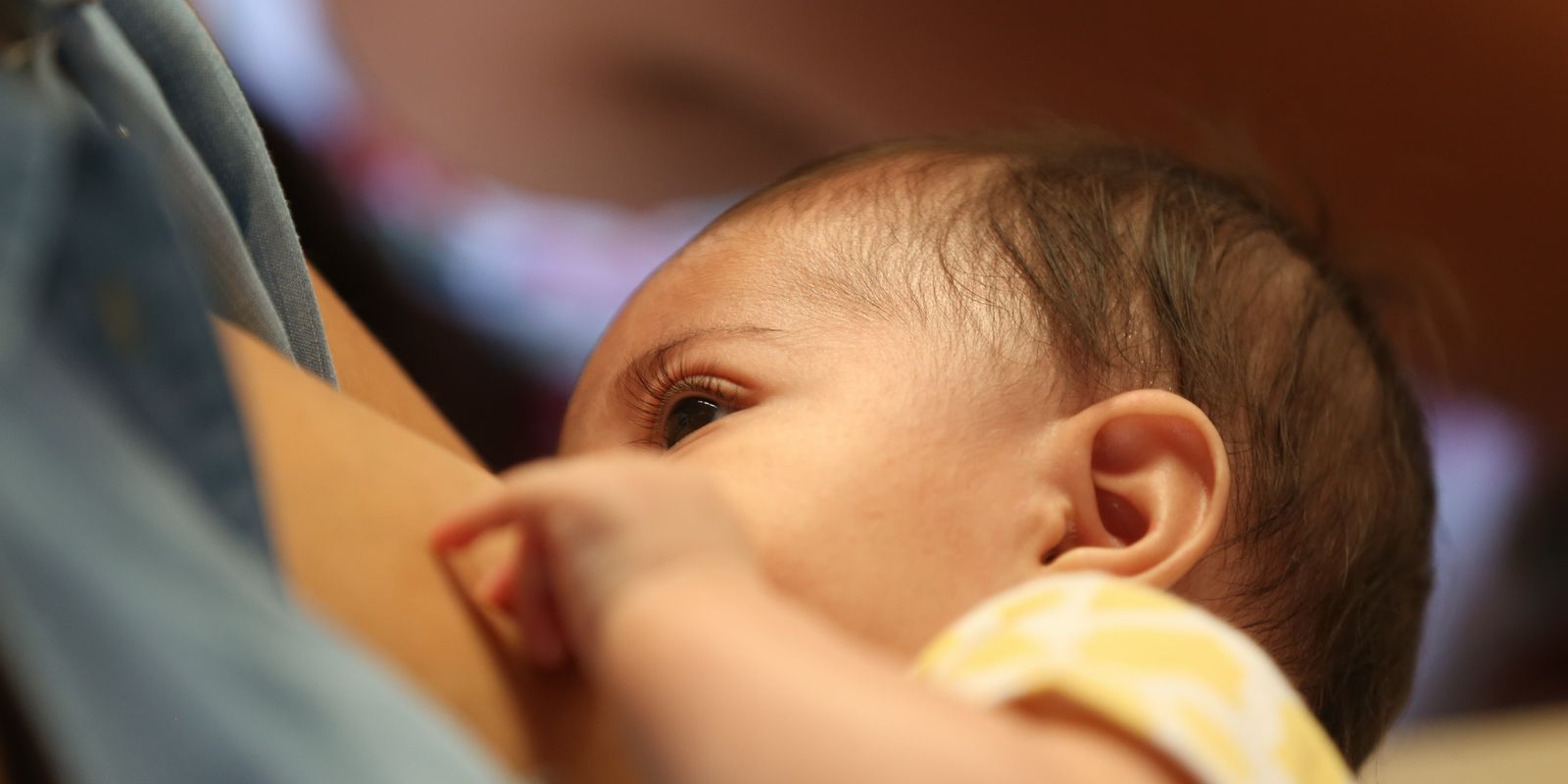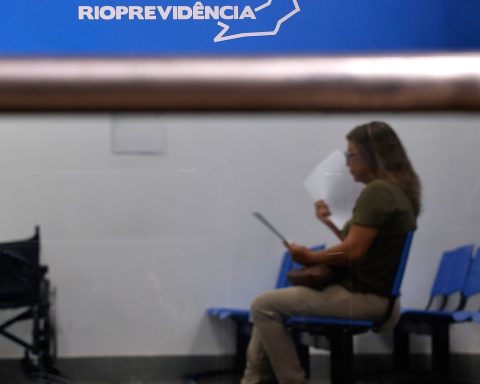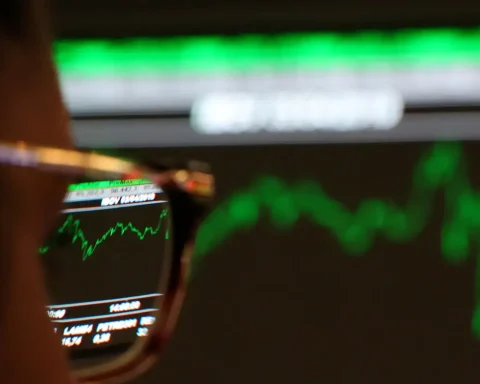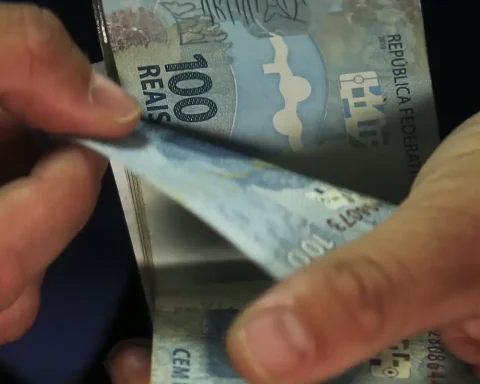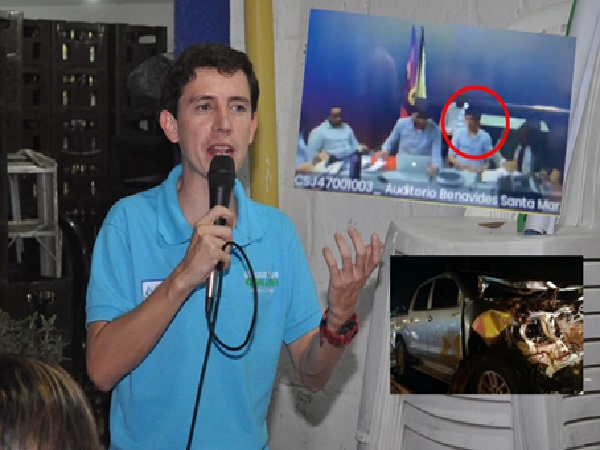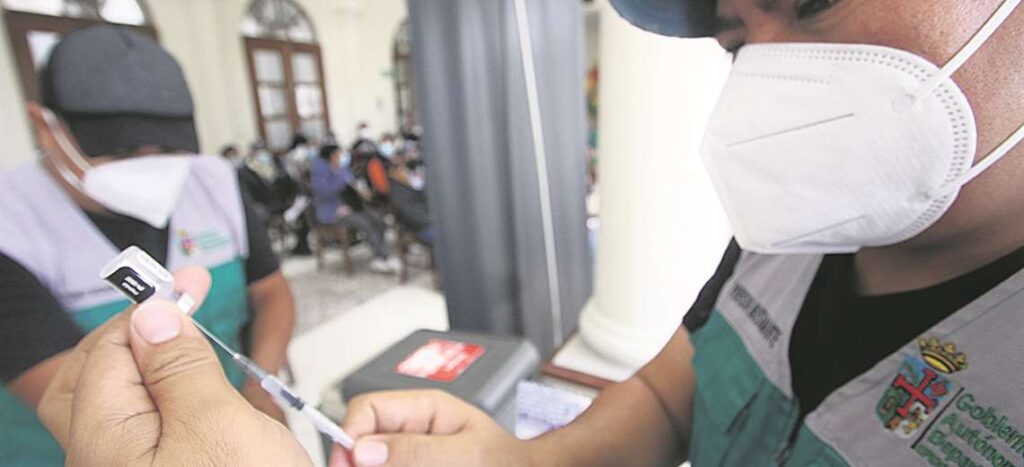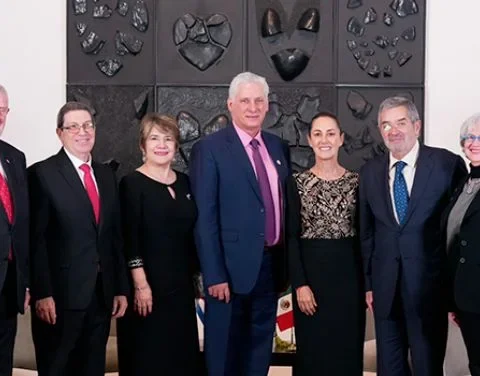World Human Milk Donation Day, celebrated this Thursday (19), is an initiative to protect and promote breastfeeding. The date also draws society’s attention to the importance of donating milk to Human Milk Banks (BLH).
The HMB is a service specialized in offering actions to support, protect and promote breastfeeding, dedicated to assisting mothers and babies during the breastfeeding process. In addition, it carries out activities for the collection, selection, classification, processing, quality control and distribution of breast milk voluntarily donated by mothers.
Premature babies, considering their health condition and hospitalization, have difficulties sucking breast milk. Therefore, human milk from the milk bank is the best option for feeding hospitalized children who, for some reason, cannot be breastfed directly at the mother’s breast. Breast milk donation can be made by healthy mothers who are breastfeeding their children. One bottle of breast milk can help feed up to ten babies.
“Breast milk protects against major infections and prevents premature infants from having complications, and has many benefits for premature babies and in general. But, especially for at-risk babies who are more prone to death, due to the fragility in which they are”, said the coordinator of the Center for Breastfeeding and Milk Bank of the Federal University of São Paulo (Unifesp), Professor Kelly Pereira Coke.
The biologist and doula [profissional que acompanha a gestante durante a gravidez, parto e período pós-parto], Luana da Silva Freitas, from Ouro Preto (MG), tells about the experience of donating. “Donating breast milk is a two-way street because it favors the person who is donating, in the sense of emptying the breasts, since it avoids some problems such as mastitis, thus facilitating the breastfeeding of the baby, and helps premature babies who cannot, for numerous reasons, receive breast milk from their mother”.
low stock
Currently, the Human Milk Bank at the Federal University of São Paulo has less than ideal stock to meet the needs of children hospitalized in the Neonatal Intensive Care Unit (ICU) and other pediatric units at Hospital São Paulo, Unifesp’s university hospital. .
“The current amount of milk in stock is 40 liters. We usually have at least 100 liters, which is still a reasonable amount, not an ideal amount because we see babies daily in the NICU, especially premature babies who were born with some health problem that cannot be breastfed by their mothers”, explained the coordinator of Unifesp’s Milk Bank.
To be a donor, it is enough to be healthy and have milk production greater than the baby’s own needs. To do this, just contact the human milk bank closest to your home to make the donation.
“From the moment that the woman is interested in the donation, we do the tracking, evaluation of the exams, of health, the identification if she uses any medication and analyzes if she has any restrictions. If there is no restriction, she receives all the information regarding the storage and extraction of milk. She doesn’t need to go to the bank to express the milk to donate. She gets in touch with us and we will direct her, because the donation is also regionalized, we have milk banks distributed throughout Brazil”, said Professor Kelly.
how to donate
To find out where to donate in your state, go to website of the Global Network of Human Milk Banks.
In São Paulo, the Milk Bank Collection Post, located on the 8th floor of the HSP/HU Unifesp, next to the Neonatal ICU, is open to women hospitalized in all sectors of the hospital and to employees who wish to be donors.
The post is open from 8 am to 12 pm and from 1 pm to 3 pm, Monday to Friday (except holidays). The Banco de Leite Humano – Centro Ana Abrão, located at Rua dos Otonis, 683, operates from Monday to Friday, from 7 am to 5 pm, being responsible for home collections from external donors to HSP/Unifesp and also for the to nursing mothers with difficulty in breastfeeding.
Service:
Milk Bank Collection Station in São Paulo, capital
(11) 5576-4848 (VoIPs 2817 / 2543),
WhatsApp® (11) 94044-2802
e-mail: [email protected] or by site.
